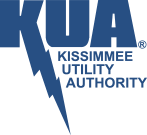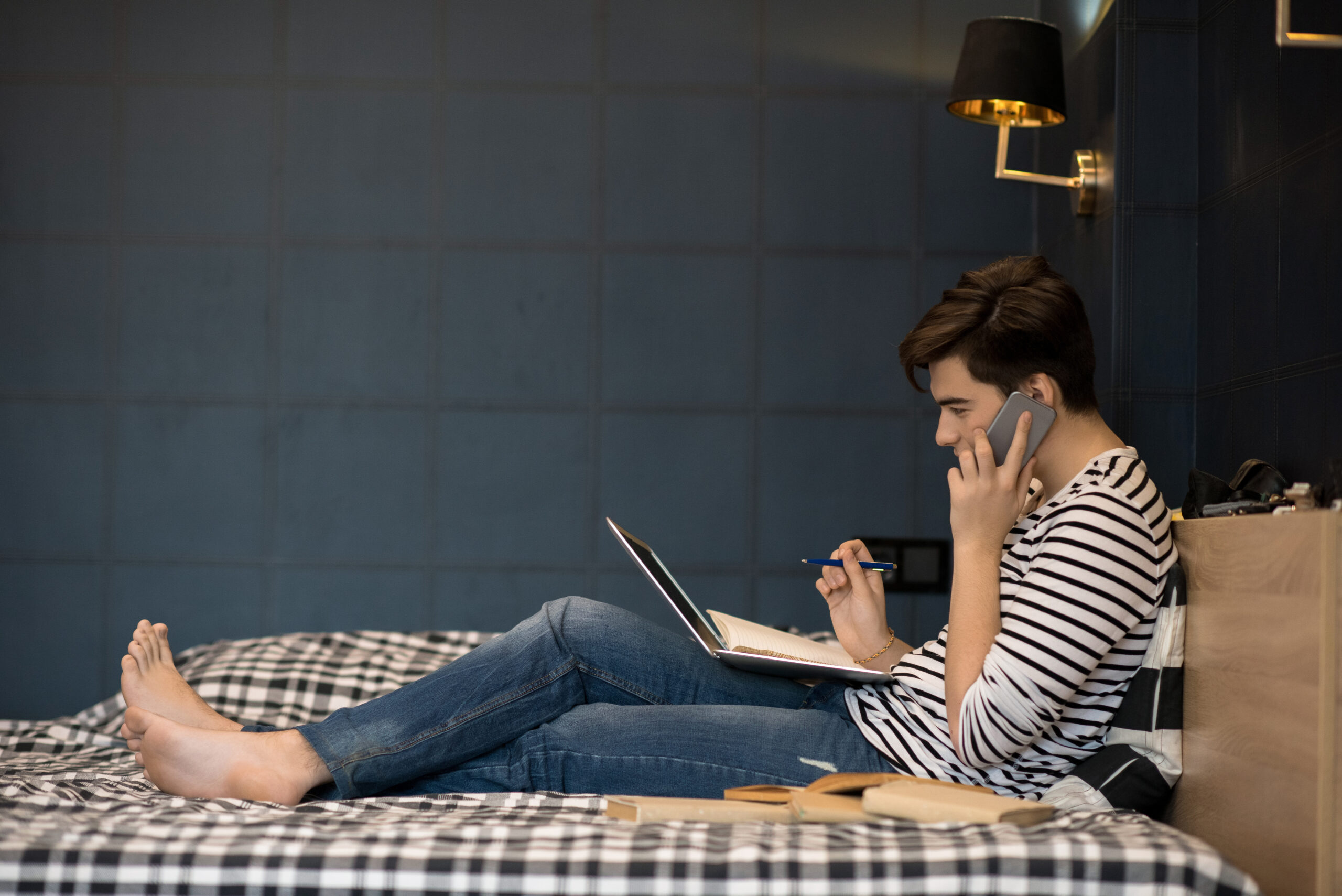There are more than 3,500 fires on college campuses every year. If you or a loved one is heading off to college this semester, Kissimmee Utility Authority reminds you to follow these simple tips to prevent electric accidents and fires:
- OVERLOADED OUTLETS | Do not overload extension cords, power strips or outlets. Use power strips with over-current protectors. This will shut the power off automatically if there is too much current being drawn.
- LIGHTING | Many colleges have a strict policy for the type of lighting to be used in dorm rooms. Items such as halogen lamps generate a lot of heat and can potentially set fire to curtains, books or papers. Make sure you set any lighting up in a safe area and that it complies with school policy.
- CHARGING DEVICES | Mobile phones and tablets can get hot while they charge. Be sure to charge them in an area that has good airflow, not in places that collect heat such as next to your pillow.
- SPACE HEATERS | Space heaters can start a fire if placed dangerously close to combustible items or if left running for long periods of time. Make sure to only use space heaters while you are in the room and awake.
- HOT PLATES | Students often bring hot plates in dorm rooms so they can cook. Forgetting to unplug the appliance may sound insignificant but it doesn’t take long for it to catch fire, especially when there are any flammable items around, such as papers, napkins, etc. Be sure to keep the area around the hot plate clear and always unplug the appliance when you are finished. Also, look for UL-listed appliances that feature automatic shut-off buttons.
- CANDLES | Students often decorate their dorm rooms with candles. Forgetting to blow out lit candles is one of the most common, human mistakes which could risk students their lives. Always double check the candles you’ve lit before leaving the dorm. Or better yet, pick up some flameless candles – all the ambiance, none of the risk.
Students should know what to do if there is a fire, including escape and meeting plans. And if your dorm lights flicker, electronics shut off, or circuits trip—always notify campus staff.


